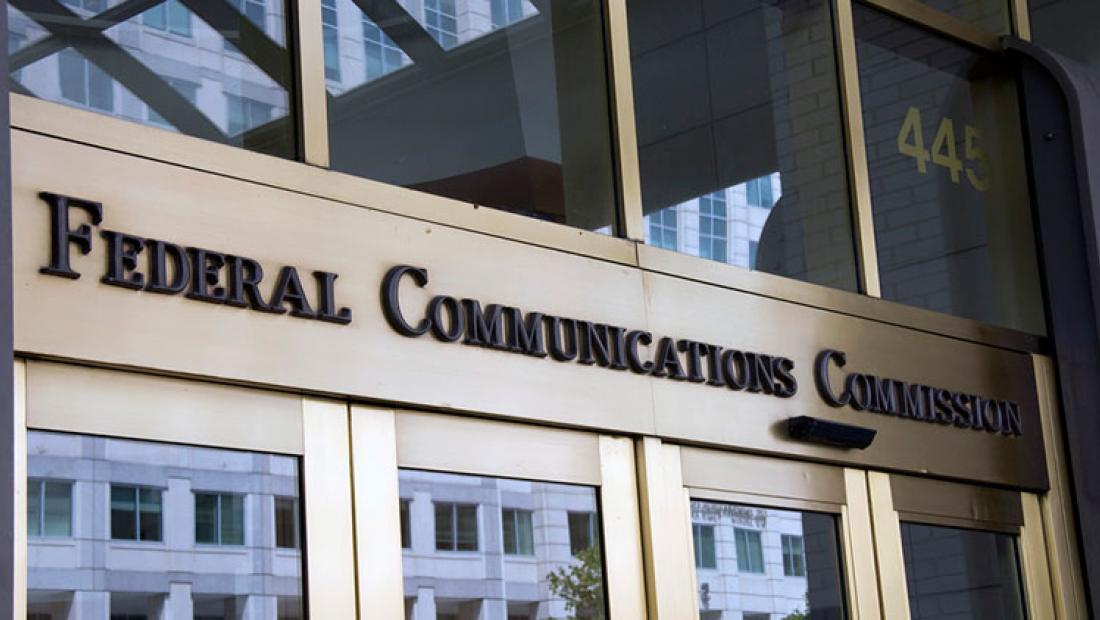FCC Proposes Eliminating Rules Copy Requirement

The smarter way to stay on top of broadcasting and cable industry. Sign up below
You are now subscribed
Your newsletter sign-up was successful
FCC Chairman Ajit Pai is continuing his tradition of packing FCC meetings with action items, including ones that will reduce paperwork for broadcasters and cable operators and update cable signal testing for a digital world.
Among the items teed up for a vote, and almost certain to pass, would save media outlets time and preserve a few more trees in the process.
The FCC is proposing to eliminate the over-four-decade-old requirement that LPTVs, translators, boosters, and some cable operators maintain paper copies of the FCC rules.
Related: House Packs a Lot Into Repack Hearing
Given that the rules are easily available online, the chairman has proposed eliminating those rules, which were intended to make sure those outlets could stay familiar with the rules. They would still be required to be familiar with them, but could do their boning up online.
The proposal is in response to the May 2017 public notice on modernizing media regulations, which drew a call for eliminating the paper copy requirement by various parties.
Given that there were many other more controversial calls, like eliminating some TV requirements, reforming retrans, and much more, proposing to scrap a 40-year-old requirement for a paper copy was a light lift, with the heavier lifts likely saved for future meetings.
Related: LPTVs Air Repack Grievances to House Panel
The chairman is also proposing updating the FCC's cable TV technical rules—proof of performance, signal leakage—given the switchover to digital.
The proposal is to 1) require cable operators to adhere to an "accepted industry standard" to ensure "good quality" video and audio to subs; 2) not to impose "unnecessary" certification and testing requirements for digital signal quality, and 3) modernize the procedures for detecting and limiting cable signal leakage in digital systems.
That proposal is based on the fact that proof-of-performance rules and signal leakage rules date from the days of analog.
"Today, all major cable operators use digital technology to deliver their video services," said an FCC summary of the proposal. "This allows them to provide better picture and sound quality than analog signals."
Other highlights of the Sept. 26 meeting agenda are an undisclosed enforcement action—the previous two meetings' undisclosed enforcement actions were against robocallers—and a report on the state of competition in the mobile wireless industry. That in itself is news since under former FCC Chairman Tom Wheeler, commissioners did not get to vote on the Wireless Competition reports, something Pai noted in a blog post about the agenda.
Pai chief of staff Matthew Berry tweeted of the agenda that it was "modernization month" at the FCC. But it will last more than a month.
"[F]or the foreseeable future, I’ll be sharing with my fellow Commissioners each and every month at least one Notice of Proposed Rulemaking teeing up unnecessary media regulations that should be eliminated or modified," blogged Pai.
The smarter way to stay on top of broadcasting and cable industry. Sign up below
Contributing editor John Eggerton has been an editor and/or writer on media regulation, legislation and policy for over four decades, including covering the FCC, FTC, Congress, the major media trade associations, and the federal courts. In addition to Multichannel News and Broadcasting + Cable, his work has appeared in Radio World, TV Technology, TV Fax, This Week in Consumer Electronics, Variety and the Encyclopedia Britannica.

